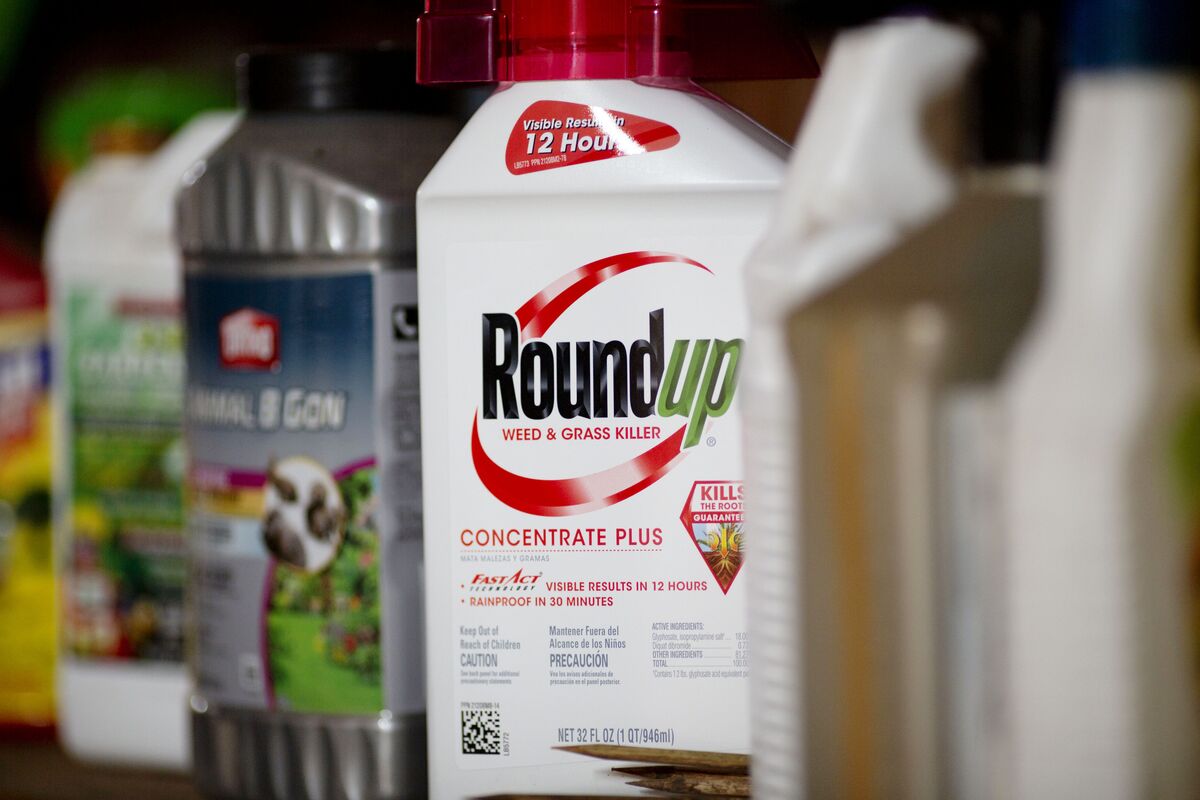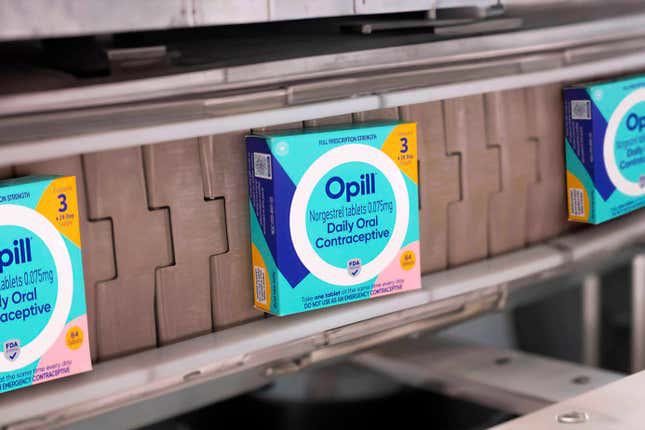Bayer Ordered to Pay $2.25 Billion in Roundup Cancer Arnold & Itkin roundup lawsuit
January 30, 2024 - Reading time: 3 minutes

A Pennsylvania jury has delivered a stunning $2.25 billion verdict against Monsanto and its parent company, Bayer. This verdict comes after the jury determined that Monsanto's Roundup herbicide was the cause of a man's cancer, as announced by the plaintiff's lawyers.
John McKivison, 49, who had been diagnosed with non-Hodgkin's lymphoma, took legal action against the company, alleging that his decades-long use of Roundup on his property had led to his cancer diagnosis. This revelation was made in a news release by his attorneys at Kline & Specter law firm.
Jury Verdict and Damages
The jury's verdict, which includes an astonishing $2 billion in punitive damages, was handed down in Philadelphia Common Pleas Court. The jury's conclusion was unequivocal: Roundup is a defective cancer-causing product, Monsanto was negligent, and Monsanto failed to provide adequate warnings about the dangers associated with the weed killer, according to the law firm.
Statements from Plaintiff's Attorneys
In a statement, McKivison's attorneys, Tom Kline and Jason Itkin, emphasized the significance of the unanimous verdict. They described it as a condemnation of Monsanto's 50 years of misconduct and a declaration that this misconduct demonstrated reckless disregard for human safety and was a substantial cause of John McKivison's cancer.
Bayer's Response
Bayer, the pharmaceutical giant that acquired Monsanto in 2018, has announced its intention to appeal the verdict. The company believes it can eliminate or reduce the "unconstitutionally excessive damage award." In a statement issued on Friday, Bayer expressed sympathy for the plaintiff while maintaining confidence in the safety of its products. It cited expert regulators worldwide, asserting that its products can be safely used and are not carcinogenic.
Non-Hodgkin lymphoma patients began filing lawsuits against Monsanto by the hundreds following a 2015 report from the World Health Organization (WHO), suggesting that glyphosate, the primary ingredient in Roundup, might cause cancer.
The WHO's International Agency for Research on Cancer labeled glyphosate as "probably carcinogenic to humans." Despite this, Monsanto continued to market the herbicide, disputing the IARC report's findings. They pointed to a multitude of studies asserting the safety of glyphosate, outnumbering the IARC report.
EPA and European Commission Findings
In 2020, the U.S. Environmental Protection Agency (EPA) declared that glyphosate posed no human health risks when used as directed and that it was unlikely to be a human carcinogen. Similarly, the European Commission stated in the previous year that there was no evidence to classify glyphosate as carcinogenic.
The American Cancer Society stated that the cause of most lymphomas remains unknown. However, it acknowledged that non-Hodgkin lymphoma has been associated with risk factors, including exposure to certain chemicals in herbicides and insecticides. Research to further clarify these potential links is ongoing.
Bayer's Settlements
Over the years, Bayer has paid out over $10 billion in settlements to thousands of cancer patients and their estates. These individuals sued Monsanto, alleging that Roundup caused non-Hodgkin's lymphoma and accusing the company of failing to adequately warn consumers of the associated risks.
While only a small fraction of Roundup-related lawsuits have gone to trial, notable cases, including those of Dewayne Johnson, Edwin Hardeman, and Alva and Alberta Pilliod, resulted in substantial awards. However, judges later reduced these awards, deeming them excessively high.
The verdict of a $2.25 billion settlement sends a resounding message about the Roundup controversy, shedding light on the ongoing debate over the safety of this widely used herbicide.

Darren Stephenson
Darren Stephenson writing spans a wide range of topics, from in-depth political analysis to human interest stories. His unique perspective and engaging narrative style have earned him a loyal readership. Darren's commitment to journalistic integrity and his ability to connect with readers make him a standout voice in modern journalism.



